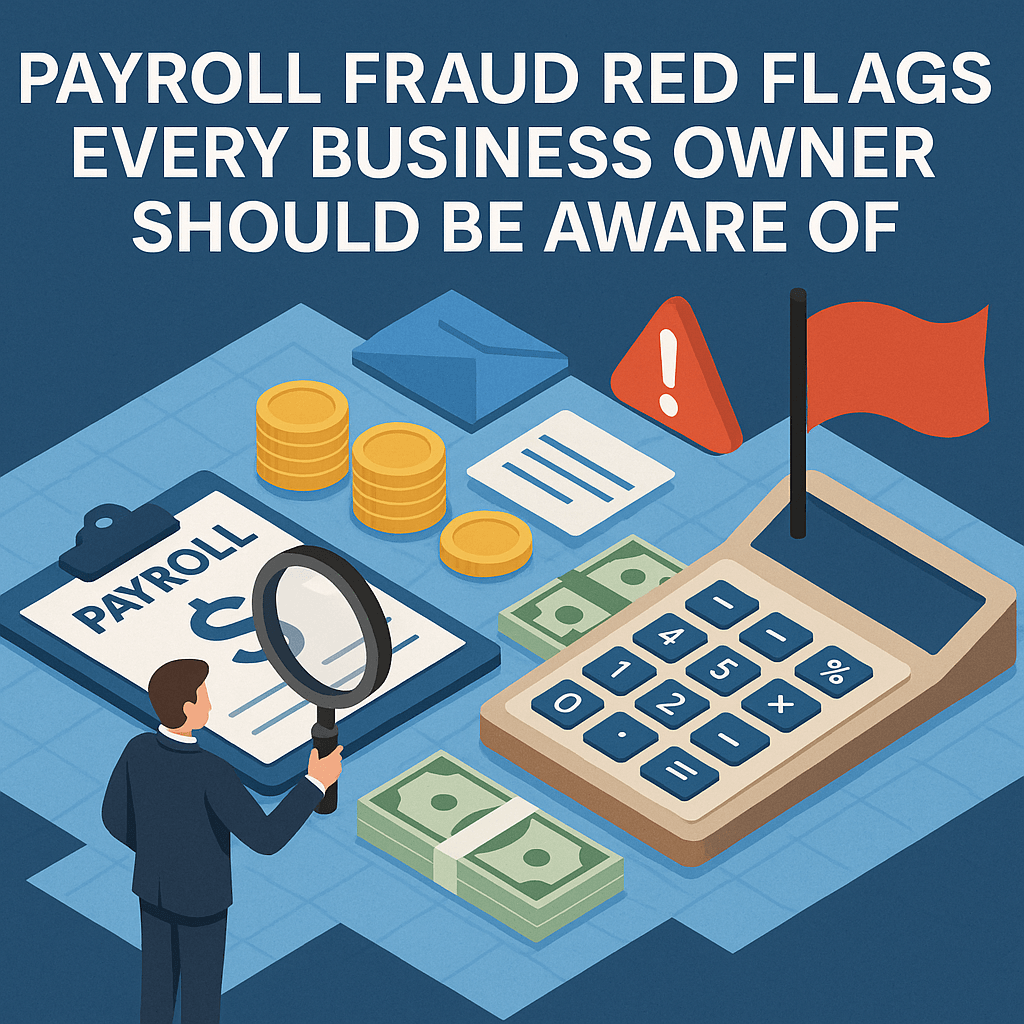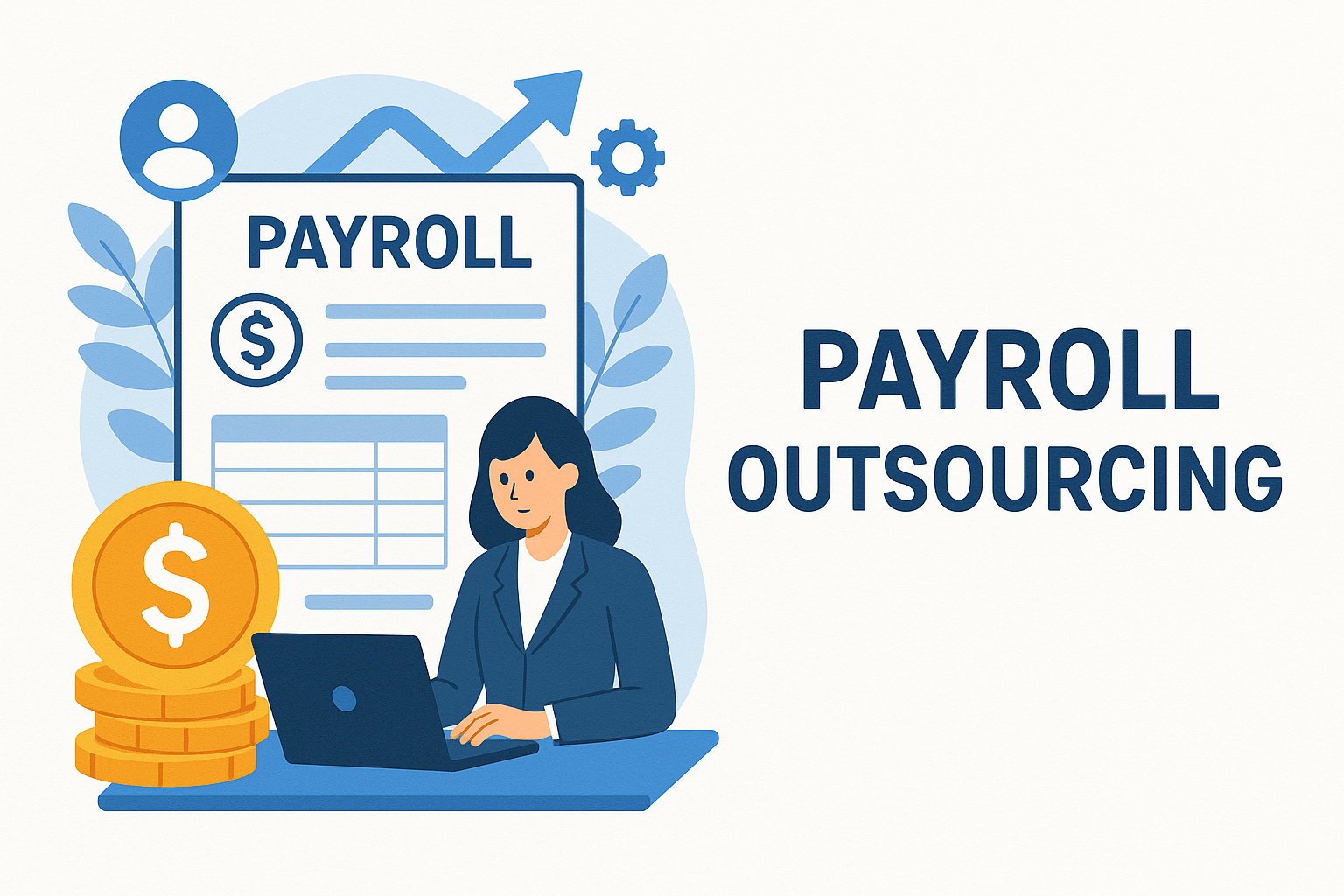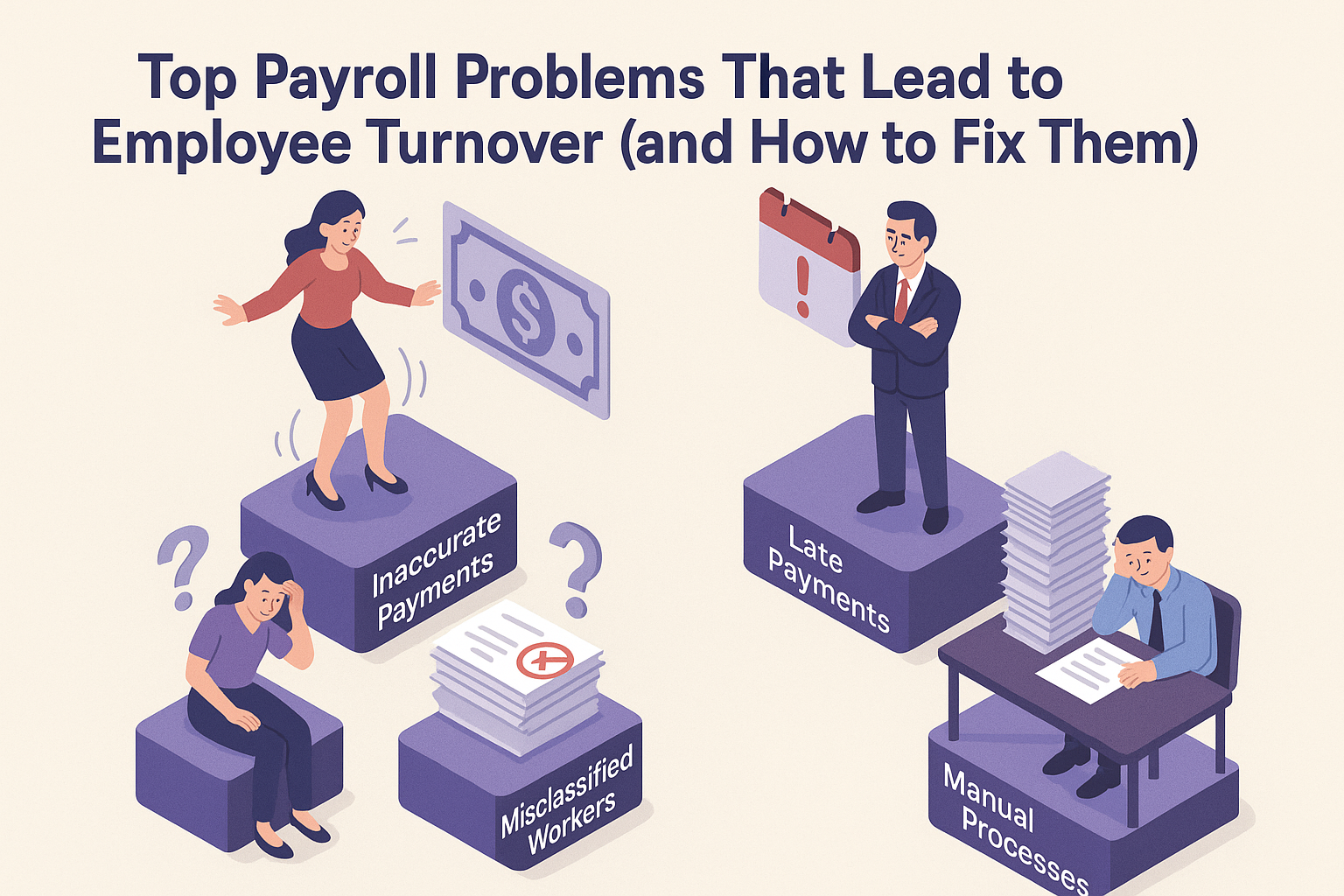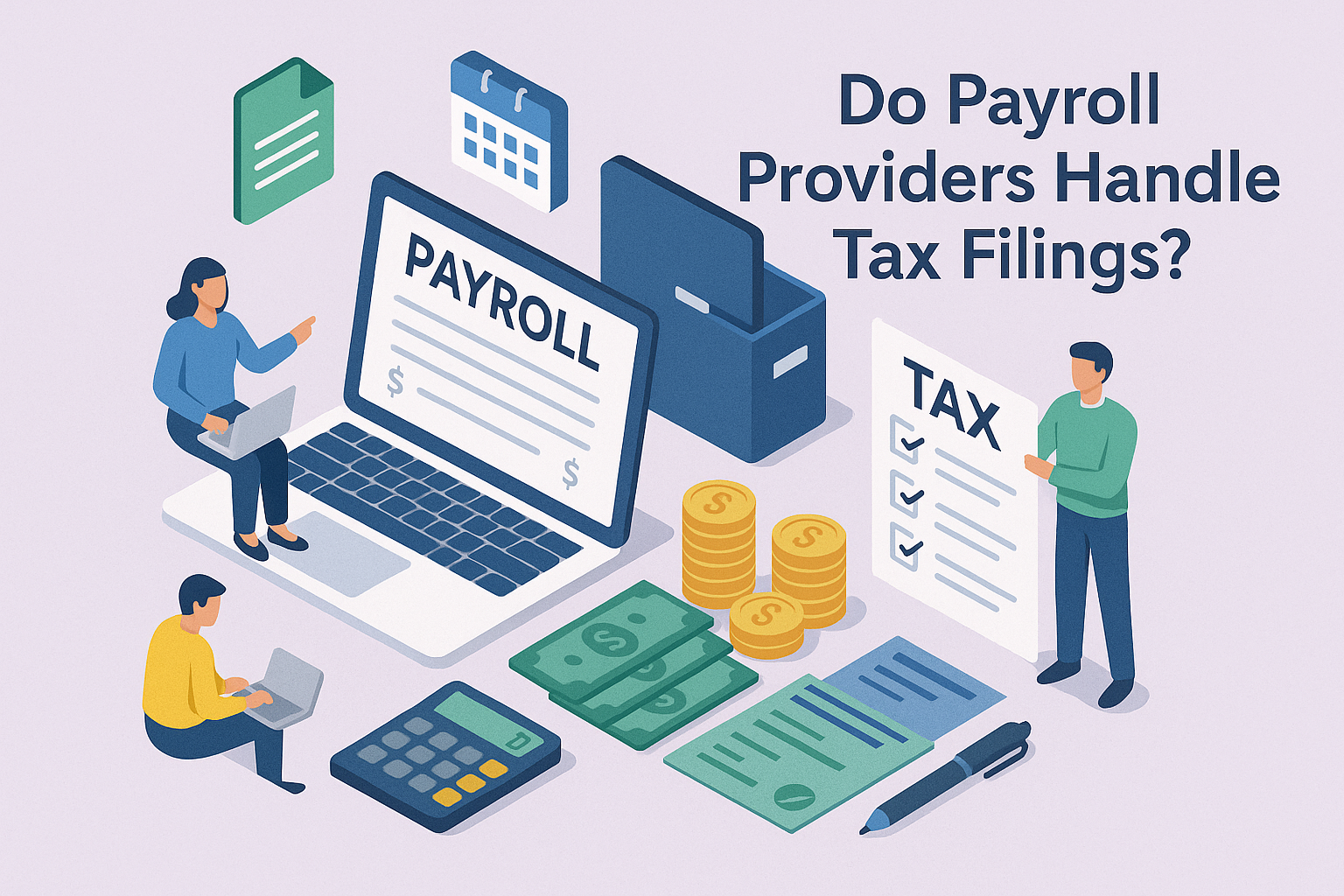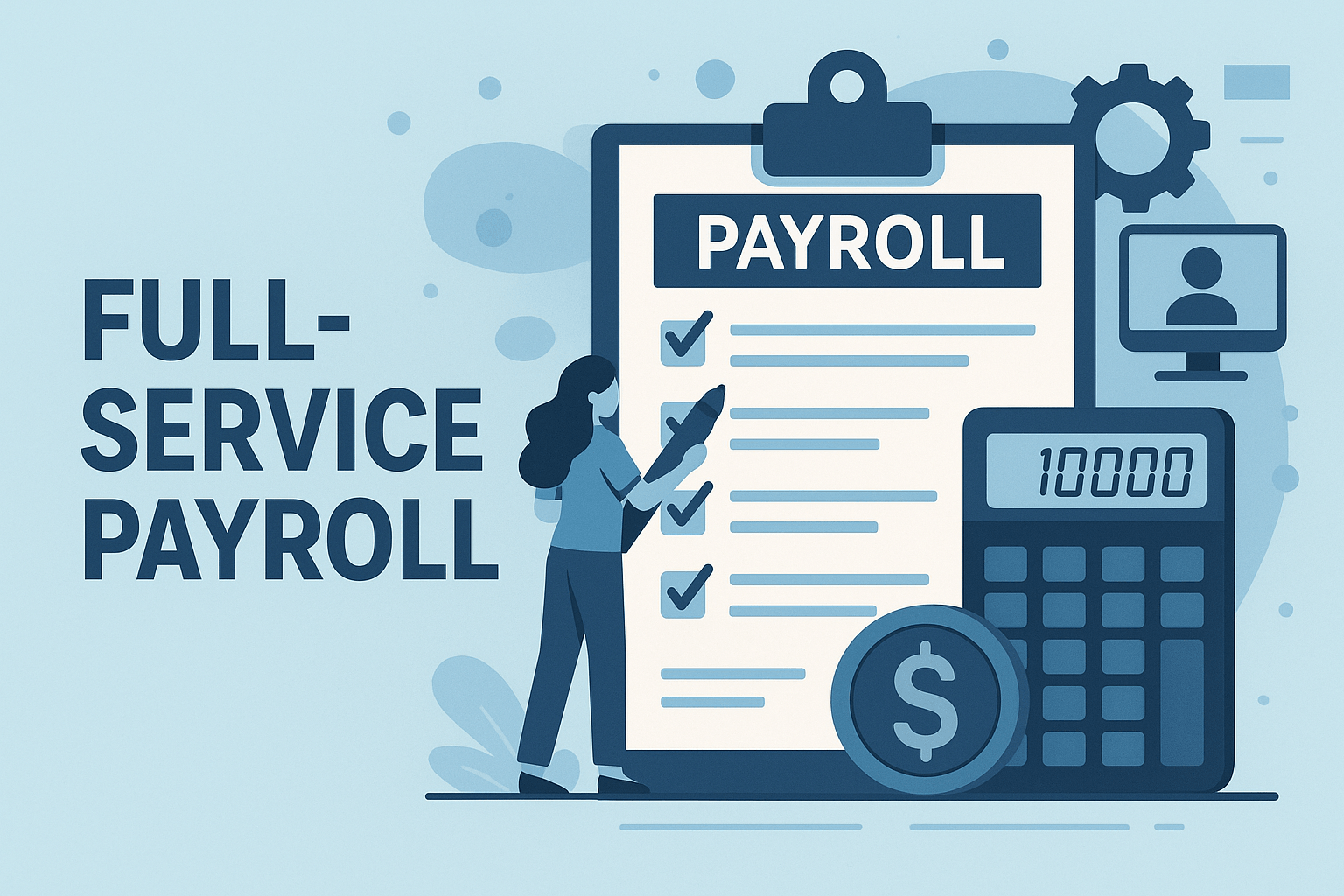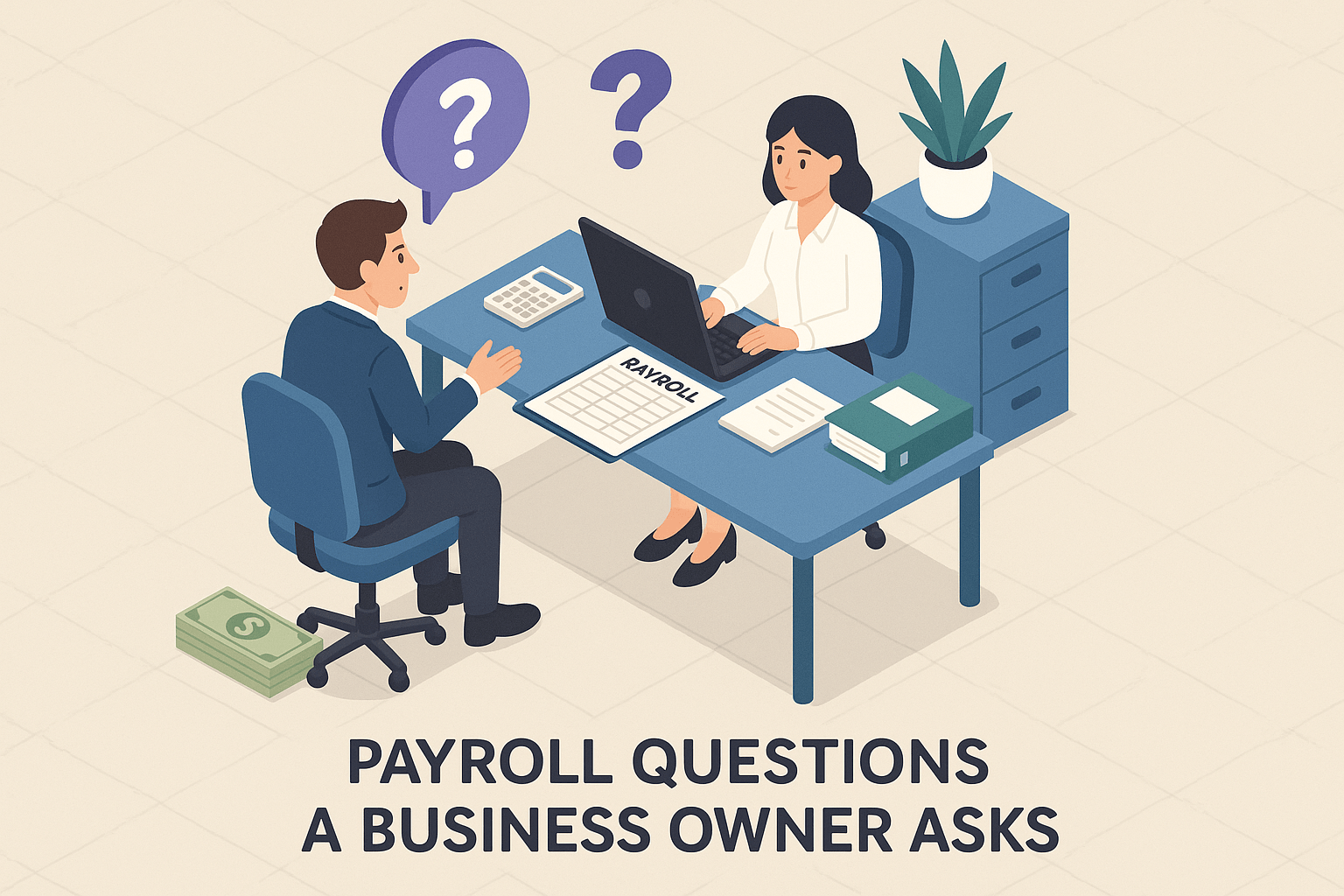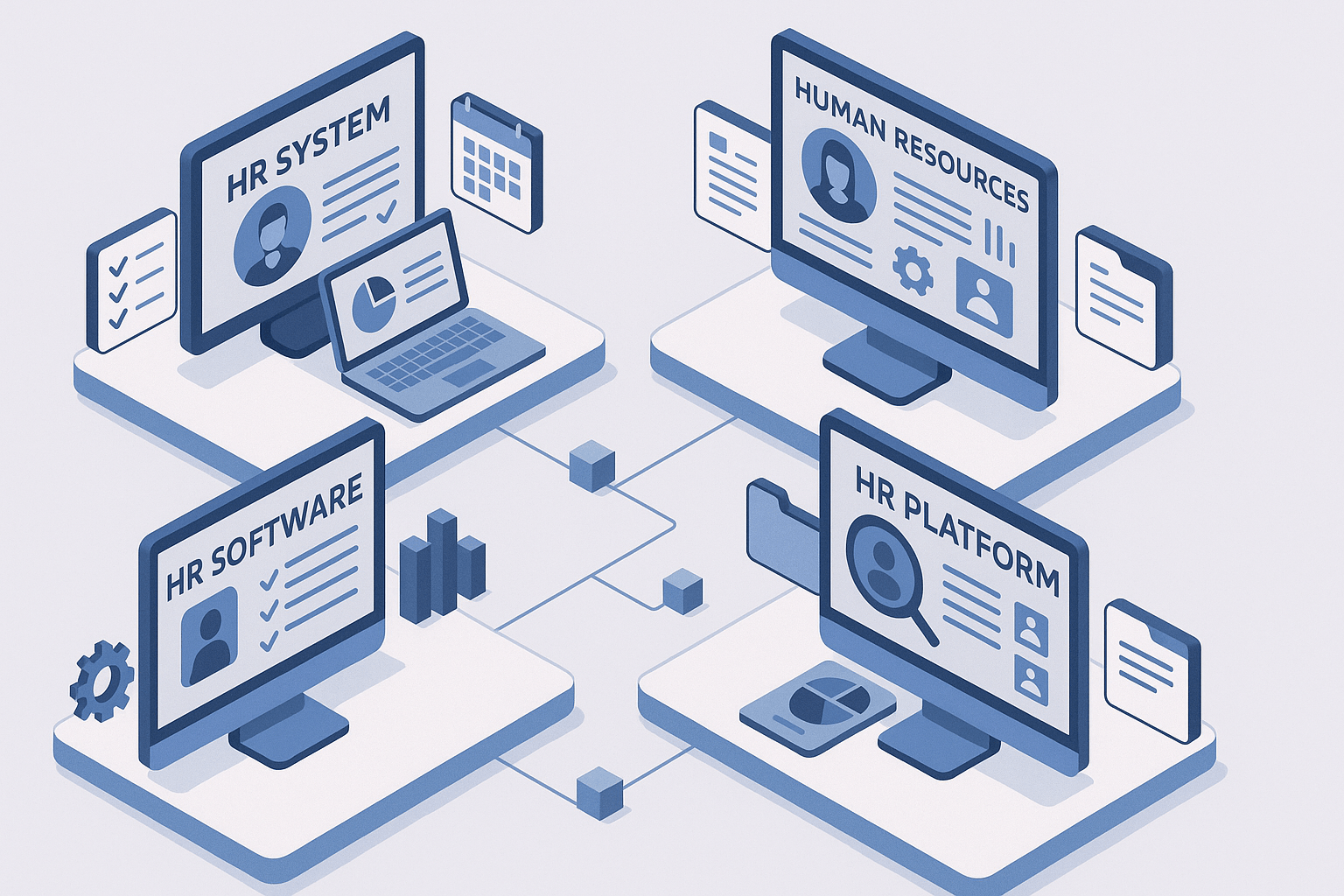Payroll Compliance: Top 6 Issues and Solutions for 2025
July 23rd, 2024
5 min read

Are you constantly worried about violating new and updated payroll regulations like the DOL Overtime Rule? Does the fear of hefty fines and penalties keep you up at night? You're not alone. A staggering 33% of small businesses get fined for incorrect payroll practices each year, with penalties averaging $845 per infraction. Payroll compliance is a daunting challenge for many businesses, and even a minor error can lead to significant financial consequences. Misclassifying employees, missing tax deadlines, and miscalculating overtime pay are just a few of the issues that can arise, creating a stressful environment for business owners and payroll managers alike.
Imagine facing an unexpected $10,000 fine for misclassifying employees or dealing with a class-action lawsuit for unpaid overtime. These aren't just hypothetical scenarios – they're real risks that businesses face every day due to payroll compliance issues.
With over 50 years in the payroll industry, we at Lift HCM have successfully guided thousands of companies through compliance challenges. By implementing basic best practices like pre- processing payroll for accuracy and leveraging our cutting-edge software to detect and correct discrepancies, error rates are significantly reduced.
In this article, you will discover the top six payroll compliance issues and learn actionable steps to address each one, helping you avoid penalties and maintain a smooth payroll operation.
Table of Contents
- The Hidden Costs of Payroll Compliance Mistakes
- 1. Misclassification
- 2. Incorrect Tax Withholding
- 3. Failure to Pay Overtime
- 4. Ignoring State and Local Laws
- 5. Neglecting Proper Recordkeeping Requirements
- 6. Falling Behind on Payroll Taxes
- The Path to Payroll Peace of Mind with Lift HCM
The Hidden Costs of Payroll Compliance Mistakes
Before we dive into specific issues, let's look at the real impact of compliance errors:
- Financial Impact: U.S. businesses pay nearly $5 billion annually in IRS penalties related to employment taxes.
- Legal Risks: Employment-related lawsuits have increased by 400% in the last 20 years, with many stemming from payroll issues.
- Reputation Damage: 65% of employees say they would look for a new job after two payroll mistakes, highlighting the importance of accuracy.
1. Misclassification
Misclassifying employees as independent contractors or vice versa can lead to significant compliance issues. Why does this matter? If you classify someone as an independent contractor when they should be an employee, you could be in hot water with the IRS. You might owe back taxes, penalties, and even benefits you should have provided.
The distinction between employees and independent contractors affects tax withholdings, benefits eligibility, and labor law protections. The Department of Labor recovered $3.3 billion in back wages for misclassified workers from 2016 to 2021.
Solution:
Ensure that you understand the difference between an employee and an independent contractor according to the IRS guidelines. Regularly review job roles and responsibilities to ensure proper classification. Consulting with a payroll expert or legal advisor can also help maintain compliance.
- Understand the Criteria: Familiarize yourself with the IRS guidelines and the Fair Labor Standards Act (FLSA) criteria for employee classification.
- Conduct Regular Audits: Periodically review job roles and classifications to ensure compliance.
- Seek Legal Advice: Consult with legal experts if there is any uncertainty regarding classification.
2. Incorrect Tax Withholding
Incorrect tax withholding, whether federal, state, or local, can result in penalties and interest charges from tax authorities. Accurate withholding is crucial to ensure compliance with tax regulations. In 2020, the IRS assessed $4.5 billion in civil penalties related to employment taxes.
Solution:
- Stay Updated on Tax Rates: Regularly update payroll systems with the latest tax rates and regulations.
- Use Reliable Payroll Software: Implement payroll software that automatically calculates and withholds the correct amounts.
- Provide Employee Training: Educate employees about submitting accurate W-4 forms and updating them as needed.
3. Failure to Pay Overtime
Non-compliance with overtime regulations can lead to lawsuits and fines. The FLSA mandates that non-exempt employees receive overtime pay for hours over 40 in a workweek. Many business owners think it's as simple as multiplying an employee's hourly rate by 1.5 for any hours over 40 in a week. But it's not always that straightforward. Bonuses and commissions can affect an employee's overtime rate, and some employees might be exempt from overtime altogether.
Solution:
Familiarize yourself with the Fair Labor Standards Act (FLSA) and ensure that your payroll system correctly calculates overtime pay. Train managers and payroll staff on the correct tracking and calculating overtime procedures. Regular audits help identify and correct errors before they become significant issues.
- Accurately Track Hours: Implement time-tracking systems and payroll software that handles complex overtime calculations.
- Classify Employees Correctly: Ensure that employees are correctly classified as exempt or non-exempt.
- Regularly Review Overtime Policies: Keep abreast of changes in overtime laws and adjust policies accordingly.
4. Ignoring State and Local Laws
Federal labor laws are just the tip of the iceberg. Each state, and sometimes even cities, has its own set of rules about things like minimum wage, paid sick leave, and pay stub requirements.
Solution:
Regularly Check for Updates: Regularly check for updates to state and local labor laws.Use Specialized Payroll Services: Consider using a payroll service that specializes in multi-state compliance.- Regularly Check for Updates: Regularly check for updates to state and local labor laws.
- Use Specialized Payroll Services: Consider using a payroll service that specializes in multi-state compliance.
- Research When Expanding: Do your homework on local requirements when expanding to a new state.
5. Neglecting Proper Recordkeeping Requirements
Failure to maintain accurate and complete payroll records can lead to compliance issues. Recordkeeping is essential for audits, resolving disputes, and demonstrating compliance with labor laws. Under the Fair Labor Standards Act, fines for recordkeeping violations can reach $1,100 per employee.
Solution:
Maintain comprehensive and accurate payroll records, including timesheets, wage calculations, tax filings, and benefits documentation. Ensure that records are kept for the required duration as federal and state laws specify. Utilize digital record-keeping systems to organize and store documents securely.
- Understand Recordkeeping Requirements: Familiarize yourself with federal, state, and local recordkeeping regulations and establish a clear retention policy that adheres to these requirements.
- Implement Robust Recordkeeping Systems: Implement a digital recordkeeping system that securely captures and stores all required information.
- Conduct Regular Reviews: Periodically review records to ensure they are complete, accurate, and up-to-date.
6. Falling Behind on Payroll Taxes
Payroll taxes are crucial, and ignoring them can lead to severe penalties. The government considers the portion of payroll taxes you withhold from employee paychecks as money you hold in trust. They take it very seriously if you don't pay it on time.
Solution:
Create a tax calendar with all relevant payroll tax filings and payment deadlines. Use payroll software that provides reminders and automates tax calculations and filings. Assign a dedicated team member or hire a payroll service provider to manage tax compliance.
This payroll tax calendar serves as a guide to help you stay compliant with tax obligations throughout the year. Always consult with a tax professional or your payroll service provider for specific advice and to ensure all deadlines are met accurately.
| Month | Date | Form/Action |
| January | January 10 | Monthly Deposit: Social Security, Medicare, and withheld income tax for previous month |
| January 31 | Form 941 (for Q4 of previous year), Form 940, W-2 Forms to employees, Form W-3 to SSA, Form 1099-NEC to contractors, Form 1096 to IRS | |
| February | February 10 | Monthly Deposit: Social Security, Medicare, and withheld income tax for previous month |
| February 28 | Form 1099-MISC (paper filing) to IRS | |
| March | March 15 | Form 1120: Corporate Income Tax Return for calendar year-end corporations |
| March 31 | Form 1099-MISC (electronic filing) to IRS | |
| April | April 15 | Quarterly Estimated Tax Payment (Q1) for individuals and self-employed |
| April 30 | Form 941 (for Q1) | |
| May | May 10 | Monthly Deposit: Social Security, Medicare, and withheld income tax for previous month |
| June | June 15 | Quarterly Estimated Tax Payment (Q2) for individuals and self-employed |
| July | July 10 | Monthly Deposit: Social Security, Medicare, and withheld income tax for previous month |
| July 31 | Form 941 (for Q2) | |
| August | August 10 | Monthly Deposit: Social Security, Medicare, and withheld income tax for previous month |
| September | September 15 | Quarterly Estimated Tax Payment (Q3) for individuals and self-employed |
| October | October 10 | Monthly Deposit: Social Security, Medicare, and withheld income tax for previous month |
| October 31 | Form 941 (for Q3) | |
| November | November 10 | Monthly Deposit: Social Security, Medicare, and withheld income tax for previous month |
| December | December 15 | Quarterly Estimated Tax Payment (Q4) for individuals and self-employed |
| Annual | January 31 | Form 940, W-2 Forms to employees, Form W-3 to SSA, Form 1099-NEC to contractors, Form 1096 to IRS |
- Set Up a Separate Account: Set up a separate bank account for payroll taxes.
- Use Reliable Payroll Systems: Use a payroll system that calculates and reminds you about tax payments.
- Communicate with the IRS: If you're struggling to pay, contact the IRS right away – they're often willing to work out a payment plan.
The Path to Payroll Peace of Mind with Lift HCM
In this article, we’ve addressed six common payroll compliance mistakes and provided actionable steps to avoid them. From misclassifying employees to overlooking tax deadlines, these issues can lead to severe financial penalties and disrupt your business operations.
Payroll compliance is a critical aspect of business management that requires meticulous attention to detail. Many businesses struggle with these challenges, leading to costly mistakes and stress.
To further ensure your payroll processes are error-free and compliant, consider partnering with a payroll service provider like Lift HCM. Our expertise and comprehensive solutions can help you easily navigate the complexities of payroll compliance.
Caitlin Kapolas is a results-driven professional with a strong background in account management and retail. She is dedicated to improving client experiences and building lasting relationships. Caitlin excels in identifying client needs, resolving issues, and implementing customized solutions that drive value. Her effective communication skills ensure high client satisfaction and loyalty, making her a trusted advisor and partner in meeting client needs with precision and professionalism.



.png?width=1536&height=1024&name=Create%20a%20background%20that%20reads%2c%20How%20Long%20to%20Keep%20P%20(1).png)



